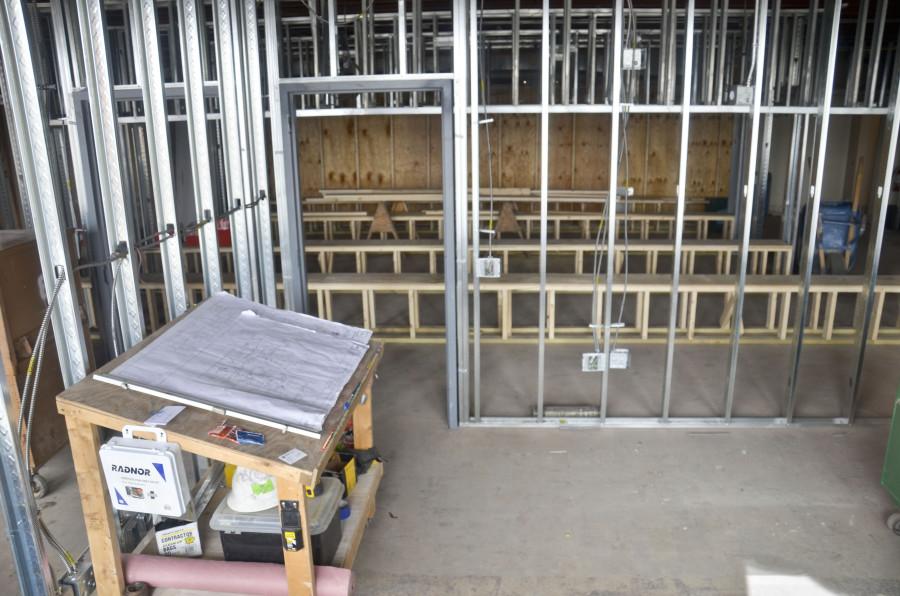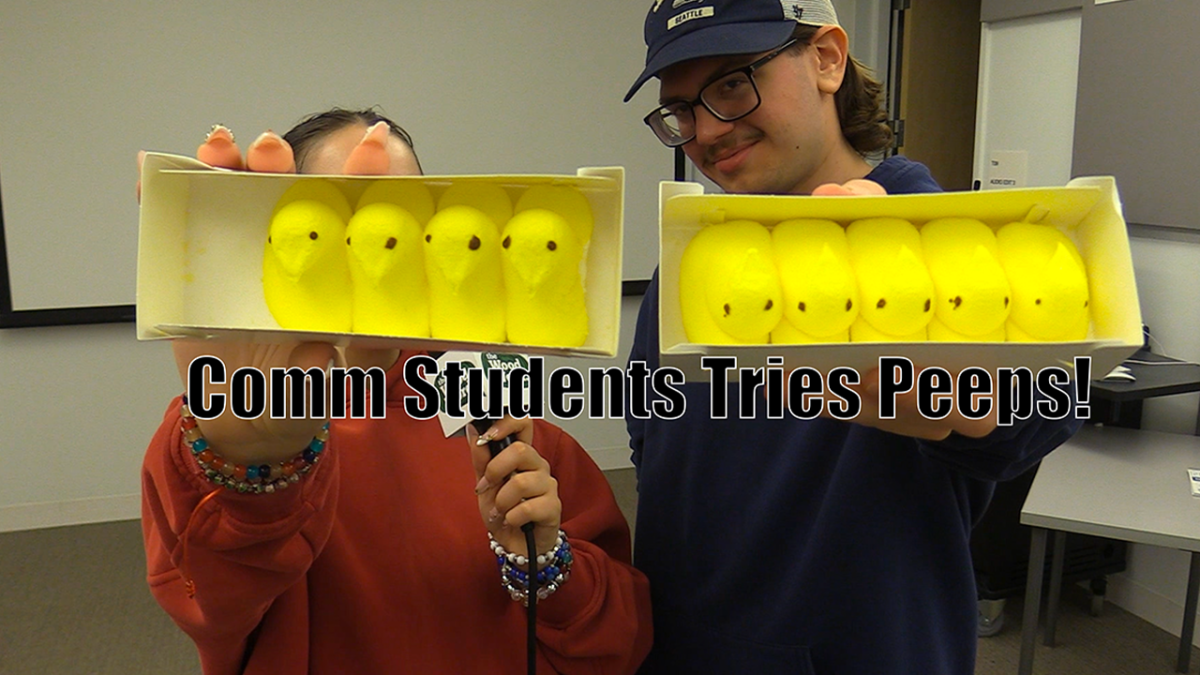According to Marywood’s website, 1,100 of the university’s 2,100 undergraduates live off campus. At a school of this size and with such a large commuter population, one might expect the commuters to have the resources they need such as adequate parking, easy-to-use and reasonably-priced meal services on campus and places to relax when not in class. There are several measures Marywood could take to improve life for commuter students on campus.
One major problem is parking. According to the department of campus safety, there are 837 issued commuter parking passes. There are only 317 commuter-specific spaces and another 769 general spots, open to all permit holders as well as visitors to campus, that commuters may use without penalty. This makes parking extremely difficult for anyone coming to campus any time after the late morning hours. It can take up to 20 minutes of driving around campus before finding a spot that you’re allowed to park in.
Another major problem is the fact that commuter students often leave campus when they have time between classes. One reason for this is that there is very little private, comfortable space for commuters to utilize. With the loss of the Woods Café to the new campus safety office, the options that remain are the Fireplace Lounge, the library, or McGowan. None of these places have the space for large numbers of students or are appropriate for extended periods of stay.
Dining on campus is also problematic for commuters. The best option would be the Main Dining Hall, but eating there can become very costly without a meal plan. At $9.00 for lunch and $10.00 for dinner, eating with friends in the Main Dining Hall can cost more than going out to a restaurant. The other places on campus, such as First Stop and the Atrium, are easier options but they are often crowded and have very little seating.
Furthermore, the fact that no eating place on campus is able to accept a credit or debit card is also a tremendous hassle. This inconvenience is just one more reason why many commuters dislike eating on campus.
The University also has several rules in place that make it difficult for commuters to socialize with resident students. Signing in and out of dorms, though an understandable necessity, makes hanging out on campus a process that often isn’t worth it. And, the few remaining available places around campus are hardly suited for watching movies or having a low-key day. Commuters are also not permitted to eat inside the Main Dining Hall with a bagged lunch.
“I don’t get to see [my friends who commute] nearly as much and therefore don’t get to build solid relationships with them,” said Shannon Atwell, sophomore graphic design major and resident student.
Marywood administrators and commuter students could work together to make campus life better for commuter students. Too many of Marywood’s commuters have a “I-just-go-to-class-and-go-home” attitude. Such apathy has led to a lack of official commuter student representation in our student governing bodies. There is a spot reserved in the SGA House of Representatives for a Commuter Representative, but according the Marywood’s website, the spot remains vacant.
Commuter students must take more initiative to get involved in campus activities. There is a vehicle for making change in SGA. More commuters should seek office.
Administrators should continue efforts to improve commuter parking and reconsideration the pricing in the main dining hall. They could also implement policies that would allow people into the dining room who bag their lunches. Some way to separate the seating from the food lines would be an optimal way to achieve this.
Commuters and administrators should engage in conversation in order to improve commuter student life. With the on-going construction of the new student center, commuters and residents alike can only hope that new space will be provided that isn’t overcrowded or over-priced.










